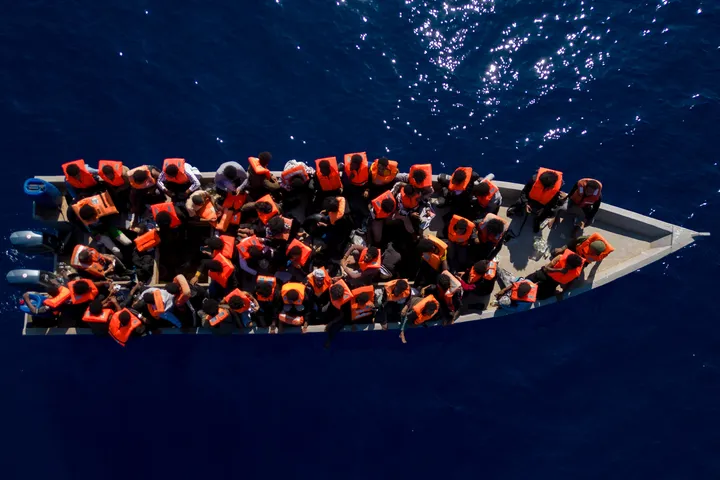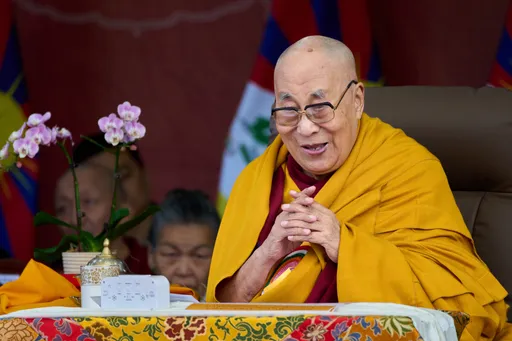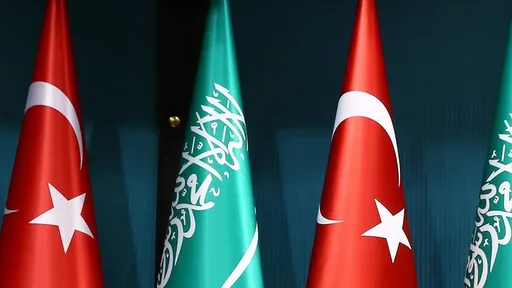A four-member delegation from the United Nations is visiting Sri Lanka to look into how the country is upholding its obligations under the UN Convention against Torture.
During the visit, the members of UN's Subcommittee on Prevention of Torture and other Cruel, Inhuman or Degrading Treatment or Punishment (SPT) are due to meet with the island’s human rights commission as well as civil society organisations.
The visit comes on the heels of the two-year extension of a resolution at the UN Human Rights Council for Sri Lanka to fulfil its commitment to investigate alleged abuses during its civil war.
Sri Lanka's 26-year civil war came to a bloody end in 2009 when Sri Lankan troops defeated separatist Tamil Tiger militants (LTTE) who fought for an independent homeland for ethnic minority Tamils.
During war-time, the country was pock-marked with allegations of human rights violations perpetrated by both sides. A Human Rights Watch report documented “forced recruitment, abusive forced labour, and restrictions on movement that place their lives at risk” by the LTTE.
The island also witnessed the rise of white van incidents, squads in the eponymous white vans that abducted individuals - either from their homes or the street - to deposit them in an undisclosed location, torture them and then consign them to the streets either dead or alive.
The notorious Joseph Camp, a military camp in the island’s north, was allegedly the site of torture, detention and sexual violence. A report by ITJP documents that many witnesses in their study “experienced multiple incidents of rape, torture of a sexual nature and other forms of sexual violence”.
The report details that torture methods included “falaka [foot whipping], asphyxiation [most commonly a plastic bag soaked in petrol put over the head but also using chilli powder], kicking, slapping and beatings with wooden batons and plastic pipes, whipping with metal wires and cables, suspension from pulleys or hooks in the ceiling and various forms of water torture.” This was often done while the victim was tied up.
“There was also branding with hot metal rods, burning with cigarettes and lighters, pulling out of fingernails with pliers, and slapping both ears to the point of causing bleeding,” the report stated.
Reports of torture continued to be documented in the country as late as 2017 - with a study released in February 2019 by the London-based Freedom from Torture documenting evidence of torture. Another report by ITJP logged 76 cases of torture from 2015, noting that at least 19 of the cases documented attempted suicide after their experiences.
Sri Lankan authorities continue to have the remit to carry out these acts under the draconian Prevention of Terrorism Act - a 1979 law that gives wide powers to police to arrest a suspect without informing the immediate family, restricts access to lawyers and allows detention of up to 18-months without court trial.
Many ethnic minority Tamils who have been arrested under the PTA have complained of years of detention without being charged.
“You see a separate team abducting, a separate team interrogation and torturing and another team releasing. You see a very systematic pattern of violation across the country and its the same in the past three years as it was in the previous years under the Rajapaksa regime,” Frances Harrison a human rights activist, toldAl Jazeera.
“So, I’m not saying that the prime minister and president is ordering this but clearly this is very systematic within the security forces, the police and the army still.”
Maithripala Sirisena replaced Mahinda Rajapaksa as president in 2015, pledging accountability for the crimes committed during the bloody war. Five years later, progress is slow and Sirisena appears to be backtracking, saying that he was not aware that the UN resolution promising accountability had been signed.
"I protest and totally reject the document signed behind by back. I see this as a betrayal of the security forces of the country, as a betrayal of the government of Sri Lanka and the people of Sri Lanka,” the president said.
Yet, there is a sizable population in the country for whom the justice process has stalled.
“Today nearly eight years after the end of the war, the mopping up exercise has mutated;
the continued process of covert abduction and torture that drives victims out of the country now targets LTTE supporters, political activists or low level cadres and forced/child recruits who pose little military threat,” the aforementioned ITJP report (published in 2017) said.
It has now been 10 years since Sri Lanka’s bloody conflict ended but for many, the scars and trauma of the war still remain.























